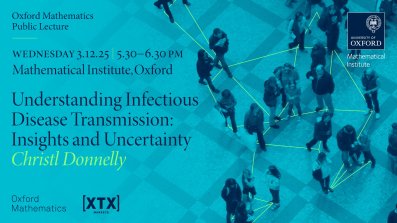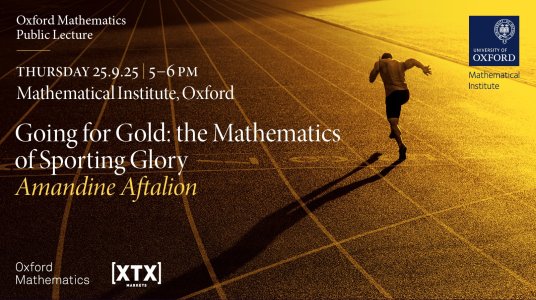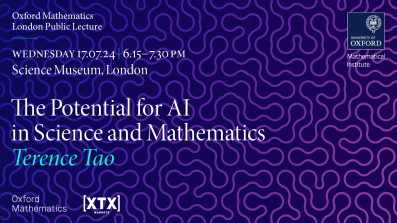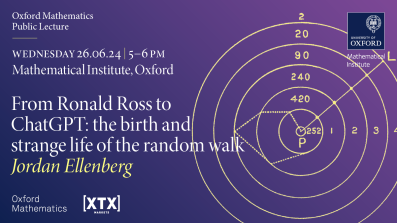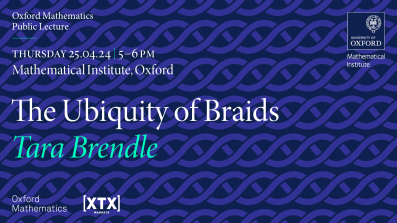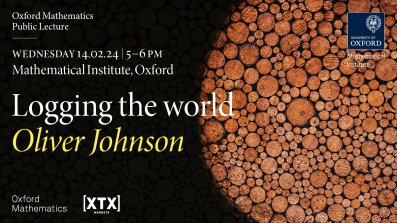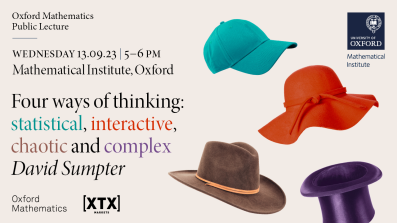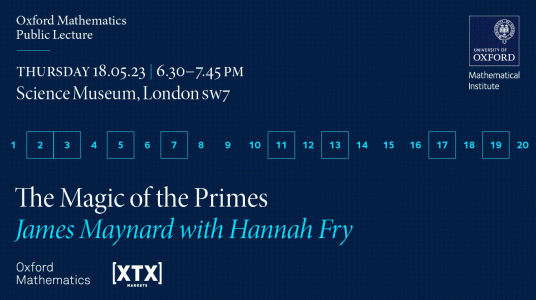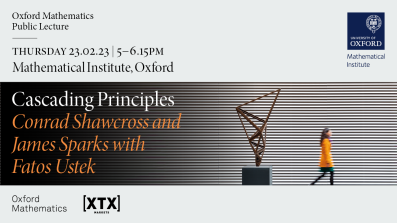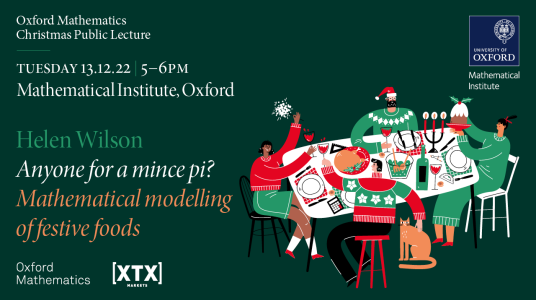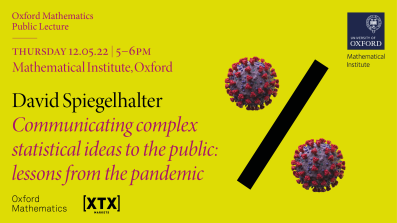17:00
Rhythmicity and Coordination: The Importance of Circadian and Seasonal Biology - Russell Foster
Biology is not constant but highly rhythmic. This includes the fast rhythms of action potentials in the nervous system and the pulsatile release of hormones. At a longer time-scale are the daily (circadian) rhythms and annual rhythms observed across much of the biological world. This talk will consider the mechanisms and importance of circadian rhythms to human health and the role of seasonal timing in reproduction and other phenomena in birds, mammals and humans. In biology, like the rest of science, timing is everything.
Russell Foster is Professor of Circadian Neuroscience and the Head of the Nuffield Laboratory of Ophthalmology in Oxford. He has featured widely in print and broadcast media on the subject of sleep and circadian rhythms and is the author of several popular books on the subject.
Please email external-relations@ maths.ox.ac.uk to register to attend in person.
The lecture will be broadcast on the Oxford Mathematics YouTube Channel on Thursday 5 March at 5-6 pm and any time after (no need to register for the online version).
The Oxford Mathematics Public Lectures are generously supported by XTX Markets.


